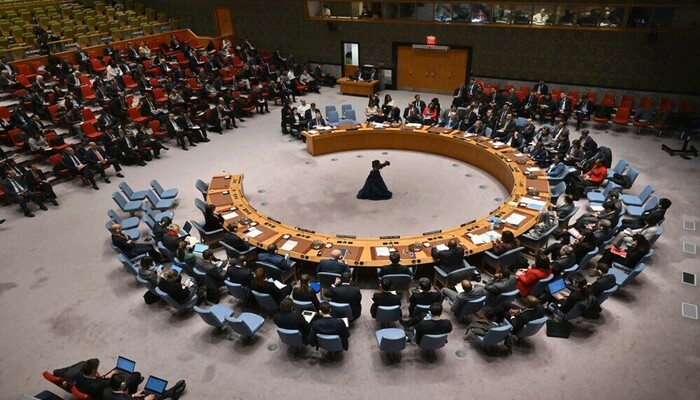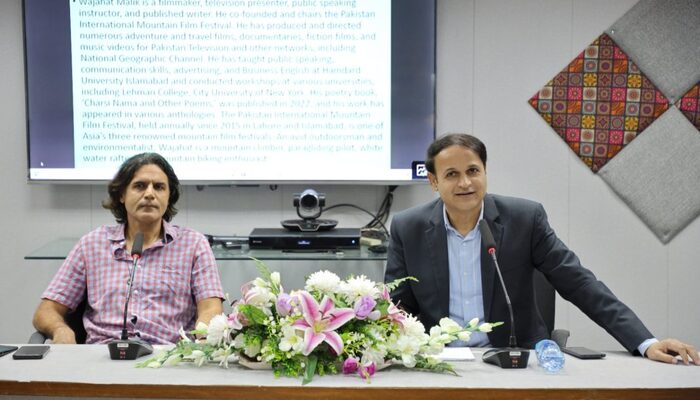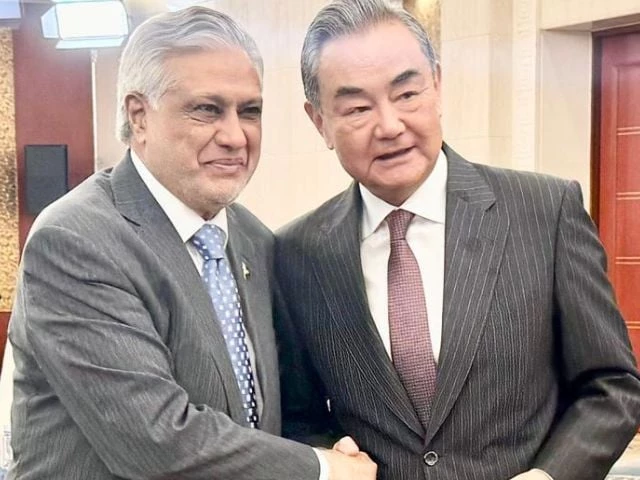
In a major development for Pakistan’s judicial reform, the government and opposition have finalized names for the reconstituted Supreme Judicial Commission, part of the 26th Constitutional Amendment. This newly structured commission marks a shift the procedure of appointment for Chief Justice of Pakistan (CJP). This decision aims to increase transparency and strengthen the judicial process.
Key Nominees from National Assembly and Senate
The National Assembly has nominated Bilawal Bhutto Zardari to represent the government in the Judicial Commission, while opposition leader Omar Ayub will take on the role of representing the opposition. The Senate nominees include Irfan Siddiqui from the Pakistan Muslim League-Nawaz (PML-N) for the government and Shibli Faraz for the opposition. These names are now final, with parliamentary leaders expected to submit them to the Speaker and the Chairman of the Senate.
Read: PM Shehbaz’s Qatar Visit Focuses on Strengthening Pakistan-Qatar Relations
Restructuring the CJP Selection Process
A central change under the 26th Constitutional Amendment is a revised process for selecting the CJP. Rather than the senior-most judge automatically assuming the position, the Judicial Commission will now choose from among three senior judges, providing a more balanced approach. A 12-member parliamentary committee will then deliberate on the selected candidate, requiring a two-thirds majority vote. Once approved, the candidate’s name will be sent to the prime minister, who will forward it to the president for final confirmation.
Strengthening Pakistan’s Judicial System
The reconstitution of the Supreme Judicial Commission and the updated CJP selection process represent efforts to make the judicial system more robust and adaptable. By involving a bipartisan group from both houses, the process emphasizes collaboration and inclusivity in key judicial appointments, reflecting the government’s commitment to addressing legal concerns and enhancing judicial integrity.
In conclusion, This reform may improve judicial transparency and decision-making, underscoring a positive step for the legal system in Pakistan. The involvement of influential figures from the National Assembly and Senate reflects the serious commitment to maintaining judicial accountability and fairness in the selection of Pakistan’s highest judicial authority.
Follow us on Google News, Instagram, YouTube, Facebook,Whats App, and TikTok for latest updates












